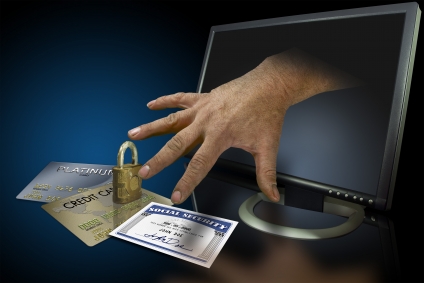 When computer hacker Albert Gonzales pled guilty to charges of conspiracy, access device fraud, wire fraud, and aggravated identity theft, he admitted to accessing information on servers owned by retail chains across the country.
When computer hacker Albert Gonzales pled guilty to charges of conspiracy, access device fraud, wire fraud, and aggravated identity theft, he admitted to accessing information on servers owned by retail chains across the country.
As part of a ring of computer data thieves, he helped find weak spots in wireless computer systems, and subsequently installed hidden computer software that enabled him and his cohorts to steal the data from magnetic strips on the backs of credit cards. This information was then sold to other criminals.
Gonzales was involved in yet another crime – because the funds he and his co-criminals were paid was laundered through international accounts.
At this point, no one really knows how many accounts were accessed or the financial magnitude of the theft. Some believe that the assets seized will not cover the losses.
Interestingly, part of Gonzales’s crime is that of acting in the role of a “double agent.” When he was arrested in 2003 he got special treatment by promising to cooperate with and assist authorities as they closed in on his associates. Instead, he used the information given him by the Secret Service to warn those associates that they were in danger of apprehension.
He is now plea-bargaining for a reduced sentence in exchange for information about his crimes.
Experts advise consumers to avoid using credit cards with retailers who don’t have a strong security system. But how is the average consumer to know if their favorite retailer has a hacker-proof system? And, is there even such a thing as a hacker-proof system?
The crooks who seek to steal information are every bit as intelligent and experienced as the technicians who seek to stop them. In addition, it is entirely possible that the very crooks they seek to thwart are on the teams of computer experts hired to prevent access. After all, they are among the brightest technicians in the world.
What can consumers do to protect themselves?
Locking the report will prevent new accounts from being opened under their names, and that’s a good start. Discontinuing all use of credit cards will prevent theft such as Gonzales committed, but will not prevent access to information that is already stored in government and business data bases. All of us have information that is out there and accessible under the right circumstances.
The only real security for consumers is to keep a constant watch on their credit reports, so that any unauthorized activity can be halted immediately. The smartest move is to enroll in credit monitoring, which will immediately alert the consumer to any changes that might signal identity theft.
Author: Mike Clover
CreditScoreQuick.com your resource for free credit reports, credit cards, loans, and ground breaking credit news.



